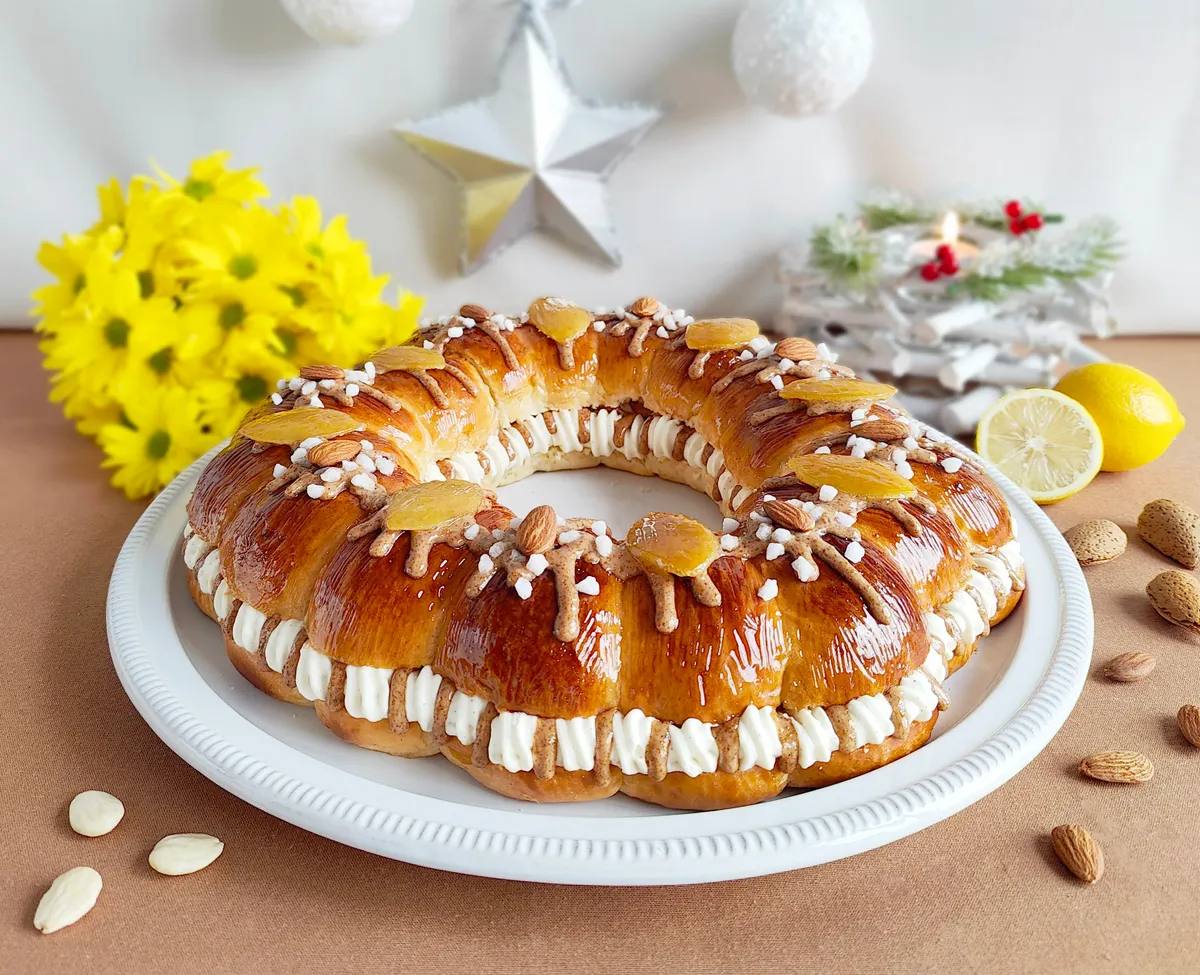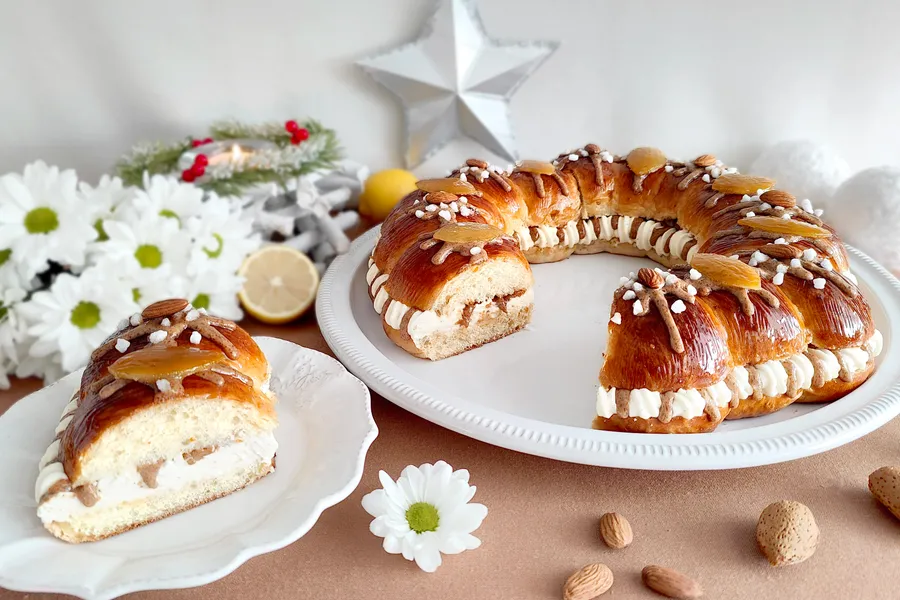
The history of King's cake crown
The origin of the King's cake crown, or Rosco de Reyes, has ancient roots related to pagan celebrations and Christian festivities. Its circular shape and the tradition of hiding a figurine inside are linked to Roman and Germanic cultures. With the spread of Christianity, the Epiphany celebration, which commemorates the visit of the Three Wise Men to the Baby Jesus, merged with pagan traditions, giving rise to the Rosco de Reyes as we know it today.
In Spain, the Rosco de Reyes gained great popularity and became a deeply rooted tradition during the Christmas season. The celebration of Three Kings' Day, on January 6th, is a highly anticipated date in the country, where families gather to share this sweet treat and celebrate the arrival of the Three Wise Men.
The tradition of the Rosco de Reyes in Spain goes beyond being a typical dessert; it represents a moment of family bonding and celebration. In different regions of Spain, such as Catalonia and Madrid, festive parades known as “Cabalgata de Reyes” are held, where the Three Wise Men parade through the streets, distributing gifts and joy among children.
Key ingredients of the Rosco de Reyes include flour, yeast, eggs, sugar, butter or oil, orange blossom water or essence, candied fruits, almonds, and orange or lemon zest. The circular shape of the Rosco symbolizes infinity and the crown of a king, while the hidden figurine inside the sweet represents the search for divinity.
The tradition of the Rosco de Reyes in Spain is a reflection of the country's rich culture and folklore, passed down from generation to generation. It is a moment of togetherness and affection, where sharing this sweet treat becomes a symbol of generosity and unity among families and communities during the Christmas season.

 albertoimizcoz
albertoimizcoz

